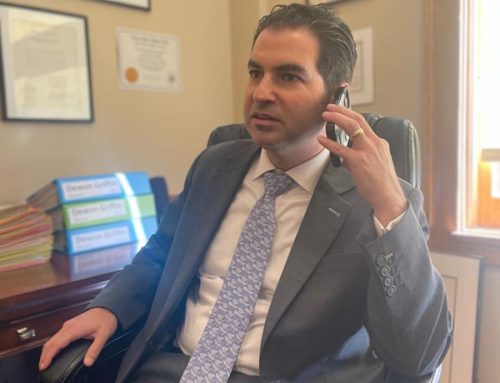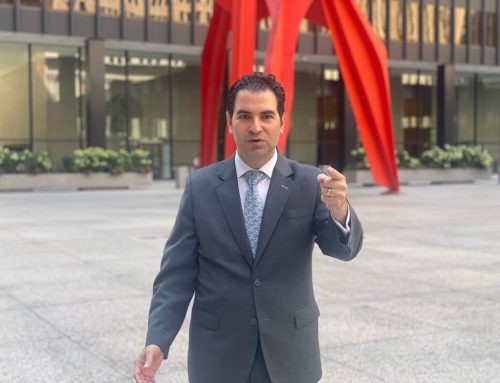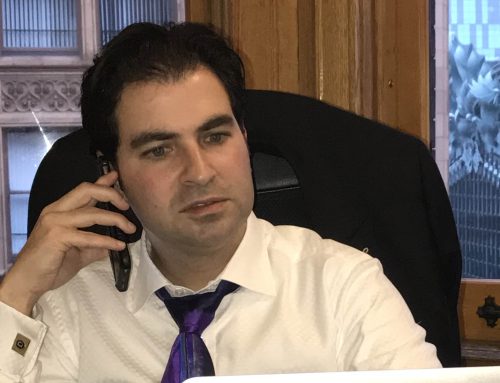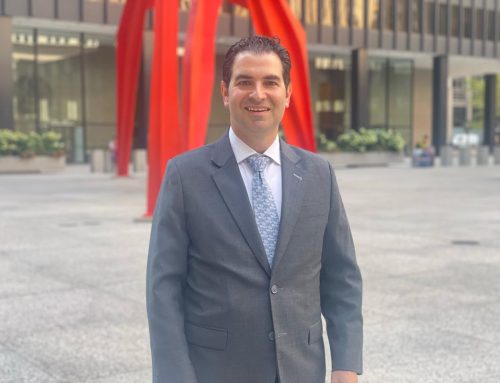JB was charged with a violation of bail bond after police found a bag containing a gun and a piece of his mail. The bag was found during a search warrant that was executed on the house that JB was reported to live at. At the time this search warrant was executed, JB was already on bond for another crime he had been charged with. One of the conditions of this bond was to refrain from owning any firearms. Thus, any gun found to be in JB’s possession would automatically be considered a felony.
Since JB was facing an additional 1-4 years in prison on top of any sentence he received for his first offense, it was important for me to win this case.
By the time we got to trial, JB had already begun serving a 3-year sentence for his previous case. Because of this, losing the case would result in JB receiving additional time in custody, but winning would mean getting JB credit toward his sentence for the time he had already served in custody while awaiting trial.
At trial, the State of Illinois only presented one witness, the lead police officer. In order for the state to win, they needed to show that JB both knew about the weapon and that it was his. For a prosecutor to prove possession of a weapon that was not on the offender’s person, they must prove constructive possession. Constructive possession can be proved by showing both exclusive control over an area and knowledge of the contents of that area. In this case, the officer testified that JB was standing outside of the house when he arrived to execute the search warrant. He went on to say that he found a blue bag containing a piece of mail addressed to JB along with a loaded handgun in one of the bedrooms.
During my cross-examination, I was able to expose all the holes in the prosecution’s case. I got the officer to testify that JB was not actually on the property of the house when he was first seen. He was actually exiting a car and was on the street. That there were actually four other adults in the house and that the police officer did not investigate any of them as to who owned the weapon. That the room the gun was found in also contained a piece of mail addressed to a second person. When the cross-examination was over, I felt as though the state’s case had fallen apart and their witness had lost his credibility. After the State’s witness, the state rested. At this time, I chose to not present a defense. Choosing to not present a defense is sometimes the absolute best defense. It is not the job of a defense attorney to prove a person innocent and if the prosecutor has not proven their case a good defense attorney should simply point that out to the judge in his/her closing argument. After the defense rested it was our turn to make a closing argument.
I argued that the state failed to meet its burden. I argued that the state could not argue exclusivity since, four other adults were closer to the gun and since another man’s mail was in the same room. I argued that the prosecutor failed to prove that my client knew about the gun since no one could explain how my client’s mail was placed in the same bag as the gun and since not one witness testified that my client ever owned the gun. The judge agreed with me and found my client not guilty. My client was then awarded credit toward his sentence for the time he spent in jail awaiting this trial. JB, his family and I were all very happy.







Leave A Comment